Lifescaping Practices in Schools
At its heart, the Lifescaping Project is a performative and results-based direct action advocacy endeavor designed to help education professionals bring about the world they want to build with others. The Lifescaping Project was founded to help share the action research (AR) and appreciative inquiry (AI) efforts of graduate students, professionals-in-training, and working professionals in public schools in the San Francisco East Bay Area. We hope to extend the effort to other schools by providing resources and models of practice.
We are dedicated to promoting what Ken Gergen calls “world forming” via action research and appreciative inquiry. Lifescaping moves the “world forming” metaphor toward showing how such practices are ongoing and continuous works designed to bring about a more desirable world or local community. Like landscaping and gardening, lifescaping is a continuous and never-ending process of being actively engaged in bringing about the beauty you want to see come to life.
Lifescaping Project Founders
Ardella Dailey, PhD
ardella.dailey@csueastbay.edu
Assistant Professor, California State University, East Bay
Greg Jennings, PhD
greg.jennings@csueastbay.edu
Professor, California State University, East Bay
Rolla E. Lewis, EdD, NCC
rolla.lewis@csueastbay.edu
Professor Emeritus, California State University, East Bay
Taos Associate http://www.taosinstitute.net/rolla-e-lewis
Peg Winkelman, PhD
peg.winkelman@csueastbay.edu
Professor, California State University, East Bay
At its heart, the Lifescaping Project is a performative and results-based direct action advocacy endeavor designed to help education professionals bring about the world they want to build with others. The Lifescaping Project was founded to help share the action research (AR) and appreciative inquiry (AI) efforts of graduate students, professionals-in-training, and working professionals in public schools in the San Francisco East Bay Area. We hope to extend the effort to other schools by providing resources and models of practice.
We are dedicated to promoting what Ken Gergen calls “world forming” via action research and appreciative inquiry. Lifescaping moves the “world forming” metaphor toward showing how such practices are ongoing and continuous works designed to bring about a more desirable world or local community. Like landscaping and gardening, lifescaping is a continuous and never-ending process of being actively engaged in bringing about the beauty you want to see come to life.
The Lifescaping Project emerged from conversations within the College of Education and Allied Studies (CEAS) at California State University, East Bay (CSUEB). Rolla E. Lewis and Peg Winkelman (2017) Lifescaping Practices in School Communities: Implementing Action Research and Appreciative Inquiry spell out the how-to-conduct action research and appreciative inquiry in the schools, complete with examples of the research graduate students have completed in public schools.
With support from the Taos Institute, the Lifescaping Project created an electronic platform dedicated to sharing resources and practices designed to transform public schools. Together, we developed a WorldShare book titled: Lifescaping Project: Action Research and Appreciative Inquiry in San Francisco Bay Area Schools (2017). Although, we focused on the East San Francisco Bay region of California, we see possibilities for extending Lifescaping Project efforts to diverse regions of the USA and the world.
The Lifescaping Project will share more voices and actions taking place in the SF Bay Area. The Taos Institute offers a much-needed platform for distributing the action research and appreciative inquiry efforts to a larger audience interested in world forming advocacy actions. Besides sharing the editors’ own process in collaborating and defining the book project as a form of action research, the Lifescaping Project text shows how graduate students, and professionals in the field take action to lifescape their own school communities. Sharing the work insures that what is being done by the faculty and graduates students will not merely filed away by some professor or department to be forgotten or ignored; the shared practices demonstrate how professional educators in their local school sites and districts continue to strive and create schools vibrant learning communities rather than merely follow shiny bureaucratic mandates.
Please download your free copy by going to http://www.taosinstitute.net/lifescaping-project
Lifescaping Project’s regional and local Bay Area perspective offers practitioners, scholars, and others a pathway to bring about a more just and responsive world. We invite other universities and practitioners to share their lifescaping practices from their own communities. Our goal is to become a platform for local communities of practice using action research and appreciative inquiry to share how they are re-creating and re-building public school sites and school districts from the bottom up by including the voices ranging from students, superintendents, teachers, parents, principals, counselors, librarians, and other stakeholders
Where to Go From Here?
Encouraging others to lifescape their schools and communities. An invitation to keep the conversation going and to keep lifescaping schools throughout the Bay Area and in the rest of the world… Let us know how we can help you lifescape your school community, organization, etc.
Lifescaping Project Founders
Ardella Dailey, PhD (ardella.dailey@csueastbay.edu), Assistant Professor, California State University, East Bay
Greg Jennings, PhD (greg.jennings@csueastbay.edu), Professor, California State University, East Bay
Rolla E. Lewis, EdD, NCC (rolla.lewis@csueastbay.edu). Professor Emeritus, California State University, East Bay, Taos Associate http://www.taosinstitute.net/rolla-e-lewis
Peg Winkelman, PhD (peg.winkelman@csueastbay.edu), Professor, California State University, East Bay
Links and Additional Contacts
Action Research Network of the Americas (http://www.arnaconnect.org/)
Action Research Plus (AR+) (http://actionresearchplus.com/)
CSUEB School Counseling/Marriage and Family Therapy Program (http://www.csueastbay.edu/ceas/departments/epsy/prog_scmft.html)
CSUEB School Psychology Program
(http://www20.csueastbay.edu/ceas/departments/epsy/prog_spmft.html)
Social Publishers Foundation https://www.socialpublishersfoundation.org/
The Book
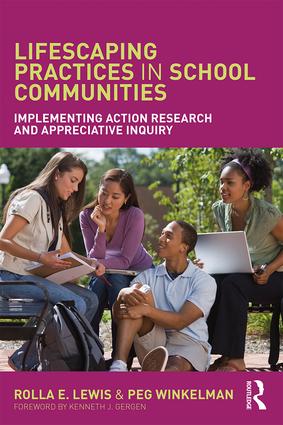
Lewis, R. E., & Winkelman, P. (2017).
Lifescaping Practices in School Communities: Implementing Action Research and Appreciative Inquiry.
New York, NY: Routledge.
Sample Chapter
- Lifescaping Sample Chapter (203.88 KB)
- Story Curator Comments (64.17 KB)
Contact Information & Links
- Lifescaping Project Email Address
- Action Research Plus (AR+)
- CSUEB School Counseling/Marriage and Family Therapy Program
- CSUEB School Psychology Program
Lifescaping Practices in Schools Photos
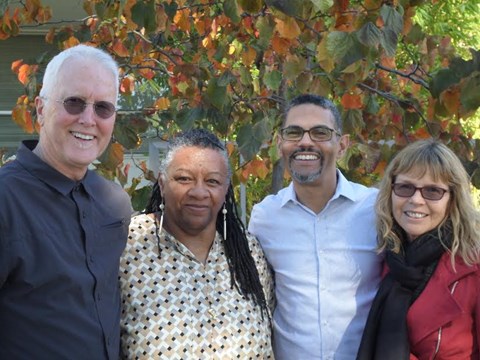
Graduate Students
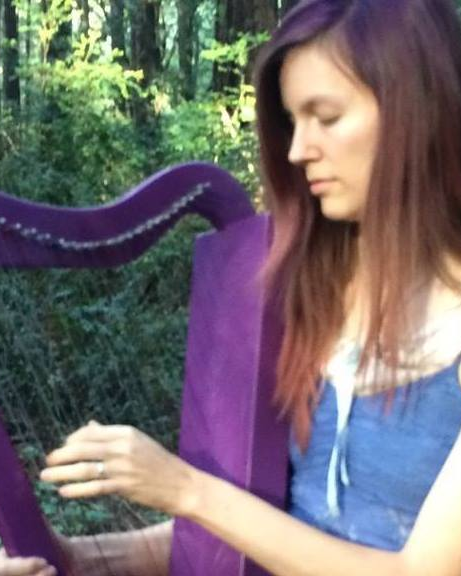
Alexis Lyon 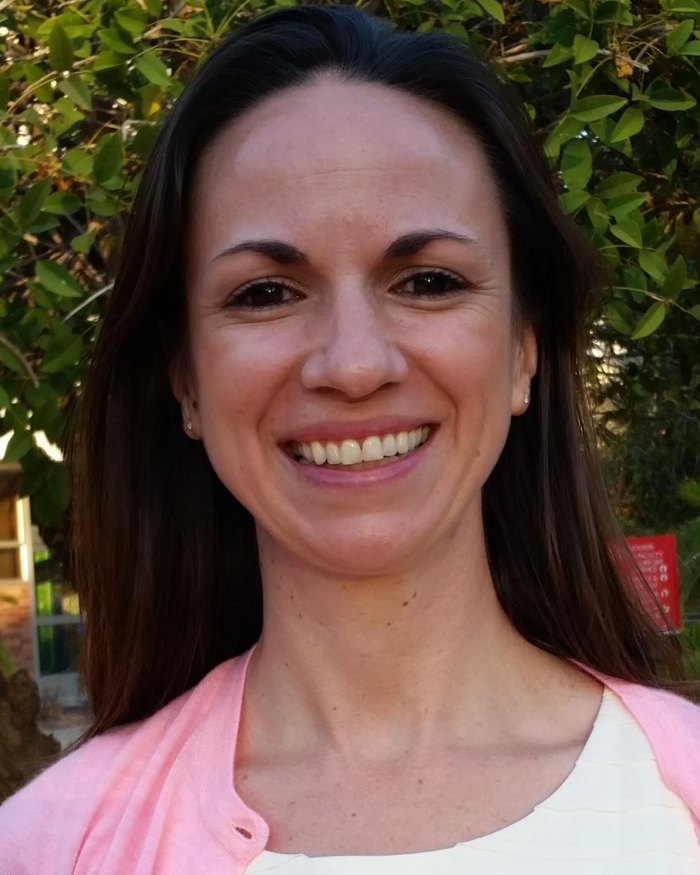
Bethany Toy 
Shawn Givens 
Jacklynn Sprague 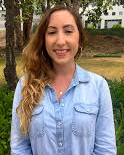
Molly Williams 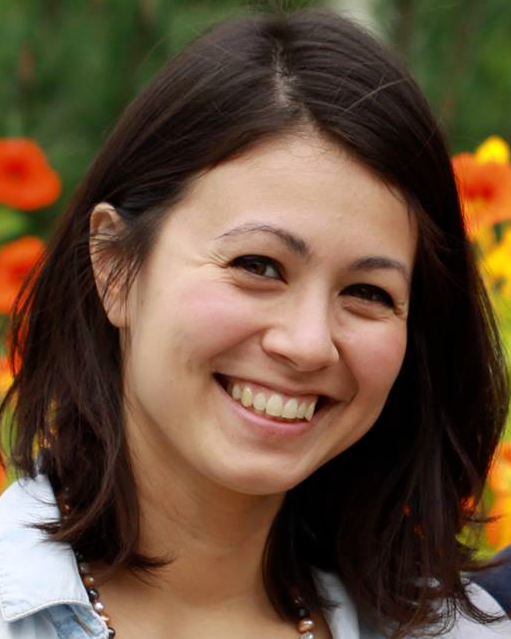
Wendy Fiala
